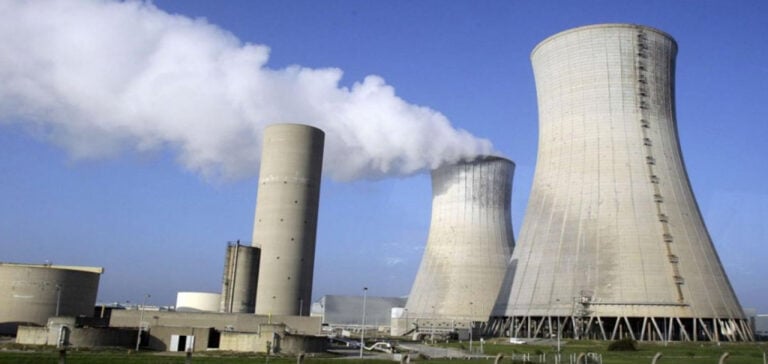Public support for nuclear power in France. The compromise reached on October 17 to reform the European electricity market is a significant step forward, but many challenges remain. Similarly, controlling electricity prices remains a major challenge.
This historic compromise is the result of fierce discussions between the member states of the European Union. It is designed to respond to the urgency of soaring electricity prices in 2022, which have impacted households and businesses alike. The reform proposes innovative solutions to moderate bills and stabilize the electricity market.
A Crucial Reform
In the wake of soaring electricity prices in 2022, this reform aims to mitigate the impact on household and business bills. It offers long-term contracts designed to stabilize electricity tariffs by decoupling them from fluctuations in gas prices, unlike the current situation.
These long-term contracts are an essential pillar of the reform. They will give consumers visibility over their long-term electricity costs, offering protection against market fluctuations. Long-term contracts are designed to create a balance between supply and demand, guaranteeing price stability.
Awaiting approval
The current compromise still has to be validated by the European Parliament, but it includes some crucial aspects. It will make the use of guaranteed-price “contracts for difference” (CFDs) mandatory for all public support for investment in new decarbonized power generation facilities, whether renewable or nuclear. What’s more, these contracts could also be used for investments in existing nuclear power plants, a decision particularly close to France’s heart as it seeks to extend the life of its aging reactors.
The CFD mechanism works to compensate electricity producers when market prices fall below a reference price. On the other hand, if prices are higher, the State can recover these revenues and reallocate them, if necessary, to end consumers.
The Challenges of Price Control
While this reform is a significant step forward, it does not solve all the problems. Controlling electricity prices remains a complex challenge. It is essential to set an electricity price that will keep industry competitive, ensure affordable bills for consumers and enable EDF to maintain its financial stability.
Debates about this prize are lively. Some believe it should be close to the cost of producing nuclear power, recently estimated at 60 euros per MWh (excluding new reactors). However, others assess this cost differently. RTE, the French electricity transmission company, has calculated it at between 75 and 80 euros for all types of generation combined.
The challenges of using CFDs
The use of Contracts for Difference (CFDs) also raises questions. EDF fears that Brussels will impose additional constraints in the name of competition if falling prices lead to excessive public support. EDF CEO Luc Rémont is opposed to a further demerger of its activities, a scenario feared by the company.
For months, EDF has been arguing in favor of long-term contracts with energy-intensive manufacturers or alternative competitors, as a way of setting its prices freely, like a “normal company”, at a time when it will have to invest 25 billion euros a year. But he is also in favor of a ceiling above which the government could recoup its excess income from the markets if they get out of hand.
Crucial next steps
The French government plans to issue a decision in the coming weeks, but many challenges remain. A delicate balance will have to be struck between the needs of industry, consumers and EDF to maintain financial stability. The next steps will be crucial for the future of the European electricity market.
All in all, this reform of the European electricity market represents a significant step forward, but it still raises many unanswered questions. France has secured public support for nuclear power, but there are still major challenges to be met, particularly in terms of controlling electricity prices. The future of the European electricity market will depend on the decisions taken in the coming months. The balance between industry competitiveness, bill sustainability and the financial stability of key players is an enigma to be solved. One thing is certain: the next steps will be crucial for the entire European electricity sector.






















